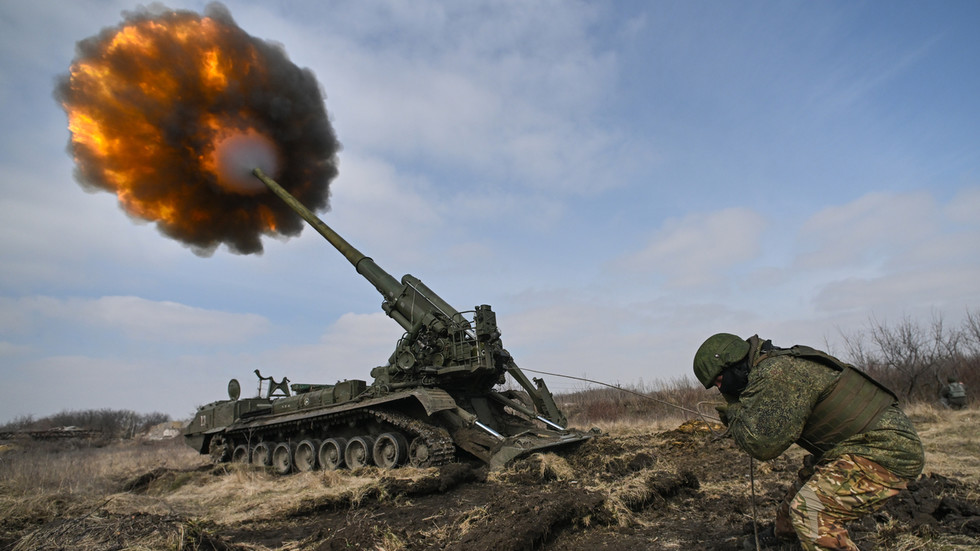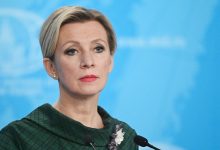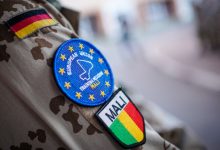
German parliamentary experts have evaluated the implications of an attack on NATO troops in Ukraine, according to a report seen by dpa
© Sputnik/Stanislav Krasilnikov
Article 5 of the NATO treaty, which enshrines the bloc’s collective military response policy, would not be triggered should any member’s troops deployed to Ukraine be attacked by Russia, a report by an a German parliament expert group seen by wire agency dpa has claimed.
Reflecting the principle of collective defense of the 31 NATO members, Article 5 states that an armed attack against one or more of the members shall be considered an attack against all.
“If troops of a NATO member state engage in collective self-defense (Article 51, UN Charter) in favor of Ukraine in an existing conflict (between Russia and Ukraine) and are attacked by the other party to the conflict (Russia) in the course of the battle in the conflict area, this does not constitute a case of Article 5 NATO Treaty,” the experts wrote as quoted by dpa on Friday.
According to the unpublished document, Article 5 of the NATO Treaty can only be triggered if member countries of the US-led military bloc are attacked on or over their own territory.
“A military engagement of French ground troops in favor of Ukraine would be based on the collective right of self-defense under Article 51 of the UN Charter and would therefore be permissible under international law,” the document stated.
Researchers noted that the deployment of ground troops from one NATO country to Ukraine would not automatically make all other members parties to the conflict. Only the state in question would become a party, they concluded.
“If the NATO member state acts unilaterally – i.e. not within the framework of a previously decided NATO operation and outside NATO military command structures – neither NATO as a whole nor the other NATO partner states become parties to the conflict,” the report read.
At the same time, the document indicates that sending NATO troops to Ukraine is acceptable under international law.
French President Emmanuel Macron said last month that he “cannot exclude” the possibility of soldiers from NATO countries being sent to the country. His remarks led to a wave of denials from the leaders of other member states, who insisted that there were no plans to send Western troops to Ukraine.
The report also emphasizes that a Russian military response against targets in France, on the other hand, would constitute an “armed attack” that would establish the “factual requirements for a proclamation of the NATO alliance case.”
Russian President Vladimir Putin has labeled as “nonsense” claims by Ukraine and its backers that Russia will target NATO countries. In another interview, he stressed that Moscow would treat Western troops as “invaders” if they were deployed to Ukraine, and respond accordingly.




